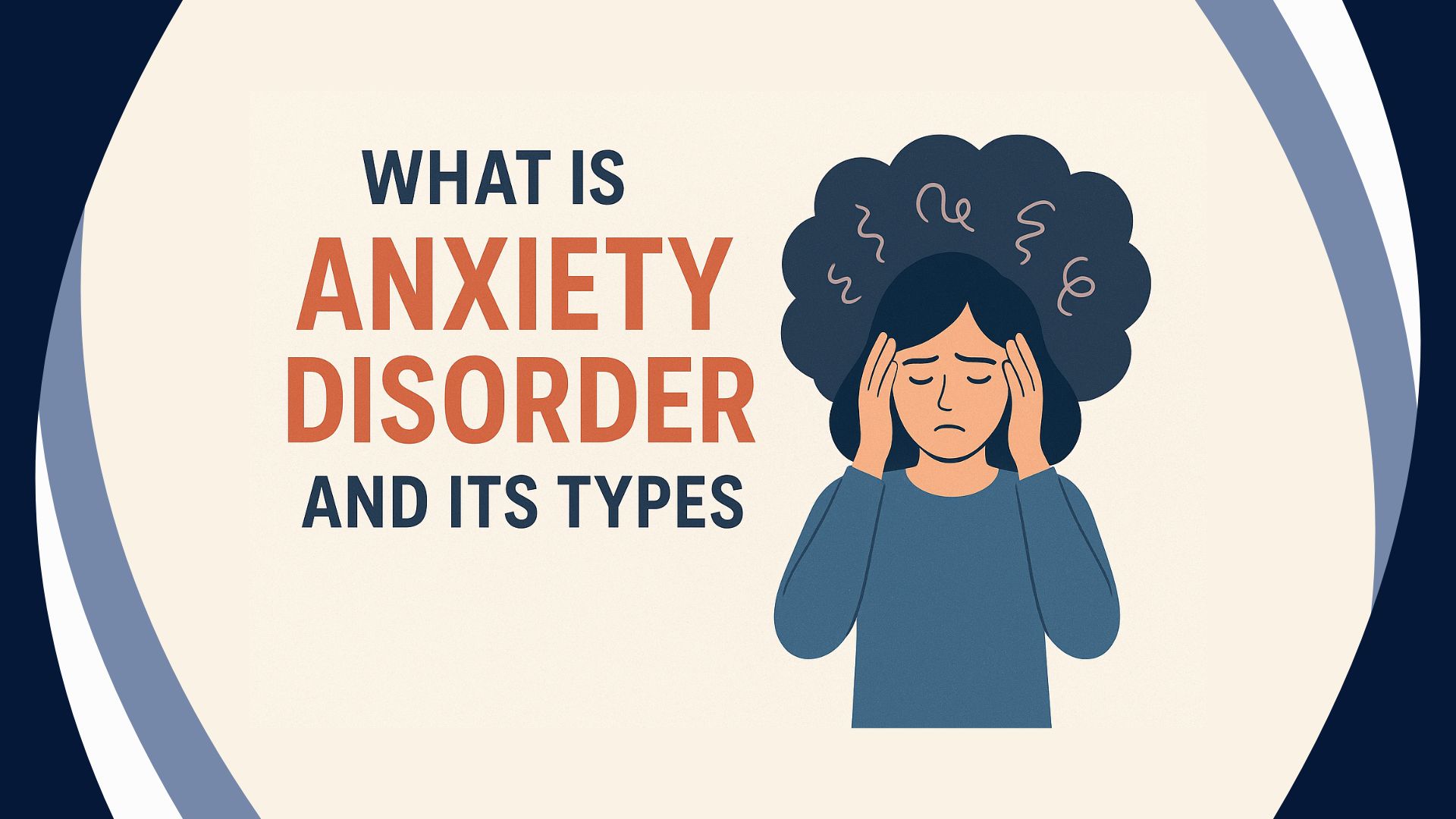What is Rheumatoid Arthritis?

Rheumatoid arthritis (RA) is a chronic inflammatory disorder that primarily affects the joints but can also impact other parts of the body. It is an autoimmune disease, meaning the immune system mistakenly attacks the body’s own tissues.
Rheumatoid arthritis is a condition where the immune system attacks the synovial, the lining of the joints, causing inflammation. Over time, this inflammation can damage the cartilage and bone within the joint, leading to pain, swelling, and potentially joint deformity.
Symptoms of Rheumatoid Arthritis
- Joint Symptoms:
- Pain: Persistent pain in the joints, especially in the morning or after inactivity.
- Swelling: Joints may appear swollen and feel warm to the touch.
- Stiffness: Morning stiffness lasting more than 30 minutes or stiffness after sitting for long periods.
- Reduced Range of Motion: Difficulty moving joints fully.
- Systemic Symptoms:
- Fatigue: Feeling unusually tired or exhausted.
- Fever: Mild fevers are common in some cases.
- Loss of Appetite: Reduced interest in eating or unexplained weight loss.
- Other Potential Effects:
- Rheumatoid Nodules: Firm lumps that can develop under the skin near affected joints.
- Dry Mouth and Eyes: Sjögren’s syndrome, an autoimmune condition that can occur with RA, leading to dry mouth and eyes.
- Anemia: Low red blood cell count is common in RA patients.
Causes and Risk Factors
The exact cause of RA is unknown, but several factors may contribute:
- Genetic Factors: Certain genes may increase susceptibility to RA.
- Environmental Factors: Exposure to certain infections or environmental triggers might contribute.
- Hormonal Factors: RA is more common in women, suggesting hormones might play a role.
- Autoimmune Response: RA involves an immune system malfunction where it attacks the body’s own tissues.
Diagnosis
- Medical History and Physical Exam: The doctor will ask about symptoms, perform a physical exam, and assess joint involvement.
- Blood Tests: These may include:
- Rheumatoid Factor (RF): An antibody often found in RA patients.
- Anti-Citrullinated Protein Antibody (ACPA): Specific to RA and can help in diagnosis.
- Erythrocyte Sedimentation Rate (ESR) or C-Reactive Protein (CRP): Indicators of inflammation in the body.
- Imaging Tests: X-rays or ultrasound to assess joint damage and inflammation.
Treatment and Management
While there is no cure for RA, treatment aims to manage symptoms, reduce inflammation, and improve quality of life.
- Medications:
- Nonsteroidal Anti-Inflammatory Drugs (NSAIDs): Help reduce pain and inflammation.
- Disease-Modifying Antirheumatic Drugs (DMARDs): Slow disease progression and prevent joint damage (e.g., methotrexate).
- Biologics: A newer class of DMARDs that target specific parts of the immune system (e.g., TNF inhibitors like Humira).
- Corticosteroids: Reduce inflammation quickly but are generally used for short-term relief due to potential side effects.
- Physical Therapy:
- Exercise: Tailored exercise programs to maintain joint function and muscle strength.
- Joint Protection: Techniques to reduce stress on joints and prevent further damage.
- Lifestyle Changes:
- Healthy Diet: Anti-inflammatory diet rich in fruits, vegetables, and omega-3 fatty acids.
- Weight Management: Maintaining a healthy weight to reduce stress on joints.
- Smoking Cessation: Smoking can worsen RA symptoms and overall health.
- Surgical Options:
- Joint Repair or Replacement: In cases of severe joint damage, surgical procedures may be considered.
Living with Rheumatoid Arthritis
- Regular Monitoring: Regular check-ups with a rheumatologist to monitor disease activity and adjust treatment as needed.
- Support and Education: Joining support groups or educational programs to learn more about managing RA and connect with others facing similar challenges.
- Stress Management: Techniques like relaxation exercises, meditation, or counseling to cope with the emotional impact of living with a chronic condition.
Rheumatoid arthritis is a complex condition that requires a multifaceted approach to treatment and management. Early diagnosis and a comprehensive treatment plan can help control symptoms, improve joint function, and enhance quality of life for those affected.







